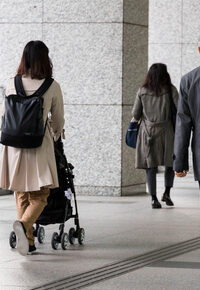
What does it mean for Artificial Intelligence (AI) to be beyond human power? We looked into the deep relationship between life and intelligence from the front lines of research. Interview by Yamamoto Takamitsu and Yoshikawa Hiromitsu “Intelligence” Has Not Been Defined Yamamoto Takamitsu: For this special feature of the monthly literary magazine Bungakukai, Yoshikawa and I spoke with someone on “The future of AI and literature.” The current AI boom, called the Third Wave, has seen the term “AI” used widely, but it has become difficult to understand the nature of this buzzword. Yoshikawa Hiromitsu: There is also a fear of a “singularity” occurring, where AI gains an intelligence that far surpasses humanity. A sense of anxiety is understandable, as there are a variety of fields where AI can show its power, such as in the board games of go and shogi ... ... [Read more]

